Feeling stressed? Stress is a natural reaction to overwhelming life experiences. It’s the feeling you get when you struggle to cope with painful, terrifying, or dangerous situations.
However, it should never be left unchecked because it can adversely affect your mind and body. Your skin is no exception.
Long-lasting stress can cause all kinds of skin issues. It can also aggravate chronic skin conditions, such as acne, psoriasis, and rosacea.
Here, we’ll go over the most common effects of stress on the skin and, hopefully, motivate you to manage your stress proactively.
What Is Stress?
There are two types of stress: acute and chronic stress.
Acute stress refers to a quick yet intense reaction to a traumatic event, lasting no more than four weeks. Chronic stress, on the other hand, sticks around for a much longer time. This type of stress takes a toll on your skin.
How Does Stress Affect Your Skin?
Have you ever gotten so self-conscious that your cheeks started turning red? Facial blushing is an immediate and involuntary response to a stressful situation. However, it is only a temporary reaction to a stressor.
If your mind is consistently exposed to psychological or environmental stressors, your skin will start exhibiting more lasting effects. To understand this better, you must learn how the mind is connected to the skin.
Your body is naturally wired to fight any perceived threat. If you are in distress, your brain releases a stress hormone called cortisol.
Your skin has receptors for cortisol. If you have high-stress hormone levels, your skin’s sebaceous glands will begin to produce more sebum, which can clog pores. As a result, you become more prone to inflammation and bacteria.
10 Effects of Stress on Skin
The skin, the largest organ in your body, is constantly leaving you clues about your health and wellness. If you’re feeling stressed, it will show on your skin.
Here are ten stress effects on the skin:
1. Acne
Acne is a prevalent skin condition, affecting 9.4% of the global population. The link between flare-ups and stress has long been cited in clinical experiences and anecdotal reports. However, there is little scientific research to support the claim.
In a study on examination stress, subjects who exhibited the most significant increase in stress levels displayed the greatest increase in acne severity. Even after factors like diet and sleep habits were controlled, the changes in acne severity still correlated with increases in levels of stress.
2. Eczema
Eczema is a chronic skin condition that causes blisters, itchiness, and inflammation. Genetic factors may increase your likelihood of developing eczema. However, environmental factors, food allergies, and hormonal changes may make you more prone to outbreaks.
According to a growing pool of research, including this 2012 observational study, stress can compromise the skin barrier, exacerbating chronic skin conditions like eczema.
3. Psoriasis
Psoriasis is an autoimmune condition that causes a rapid buildup of skin cells. Due to systemic inflammation, you can develop red, scaly patches on your neck, elbows, scalp, knees, palms, feet, and face.
Even though the medical community has yet to understand the leading causes of psoriasis fully, some studies support its connection with stress.
There are several articles on this, and they all vary a little. In a 2018 study, around 31-88% of patients reported stress as a trigger for their psoriasis. Subjects also indicated that their condition started within a year of encountering a traumatic event.
4. Fine Lines and Wrinkles
Stress ages you rapidly. Although fine lines and wrinkles are a natural part of aging, stress can lead to premature signs of aging.
If you’re stressed, you might not eat well or get adequate sleep. Eventually, all these compounding factors affect your skin, making you more susceptible to premature signs like fine lines and wrinkles.
5. Bags Under the Eyes
Like fine lines and wrinkles, dark circles under the eyes can be a natural result of aging. As you age, collagen and elastin levels decline, increasing the appearance of undereye circles. If you have chronic stress, this process can happen sooner than you think.
Chronic stress makes your body produce high cortisol levels, which can break down collagen and elastin. That loss of elasticity in your skin can accelerate aging, causing under-eye circles to form earlier than they should.
6. Dehydration and Dullness
Dull, lifeless skin is a typical result of chronic stress. High cortisol levels can affect your skin’s ability to retain moisture, making it appear dehydrated and dull over time.
Stressed skin can make fine lines and wrinkles appear more prominent. It can also lead to other skin conditions, such as acne, rosacea, and tired eyes.
On the bright side, dehydration and dullness are easy to overcome. A balanced diet, regular exercise, and a solid skincare routine can help your skin get back on track in no time.
7. Rosacea
Rosacea is a chronic inflammatory skin condition that causes redness on the nose, chin, cheek, and forehead areas. It can affect anyone, but it is most common among middle-aged women with lighter skin.
The exact cause of rosacea is still known. However, research suggests that stress could be a factor in rosacea flare-ups. In a 2011 National Rosacea Society survey, 69% of 748 patients reported having stress-related flare-ups at least once per month. Only 5% had never experienced flare-ups due to stress.
8. Vitiligo
Vitiligo is a chronic autoimmune disorder that causes the skin to lose its pigment. It is a complex condition that may involve both genetic and environmental factors.
Little is known about its exact cause, but research shows that metabolic and psychological stressors may affect the onset and progression of the condition in people predisposed to psoriasis.
9. Cold Sores
Cold sores, also known as fever blisters, are small, fluid-filled blisters on your lips. They are caused by the herpes simplex virus (HSV). Once you have this virus, it stays in your body for the rest of your life.
Since chronic stress weakens the immune system, it may trigger the dormant HSV virus and cause cold sores.
10. Hives
Hives, also known as urticaria, is a skin condition that causes itchy, raised welts on your skin. Allergic reactions to food and chemicals can trigger it, but it can also be caused by stress. Unless you’re prone to getting hives, stress alone might not be enough to trigger this condition.
Whenever you’re under a great deal of dress, your body produces a chemical called histamine, which causes hives.
Stress may trigger hives differently. Say you have an unhealthy skin-picking or scratching habit when you’re stressed. It will trigger the release of histamine and prompt your body to react by producing hives.
How to Ease the Effects of Stress on Skin?
Stress might not be the leading cause of every skin condition, but it can aggravate almost all of them.
Having a clear understanding of the effect of stress on the skin should motivate you to manage everyday stress better. Get enough sleep, eat well, and exercise regularly.
Lifestyle changes are necessary for managing stress levels and avoiding existing skin issues from flaring up. If you have any stress-related skin conditions, practice meditative and stress-reducing techniques at home.
More importantly, if you have any skin conditions we mentioned, set an appointment with a dermatologist who can help you develop a treatment plan.



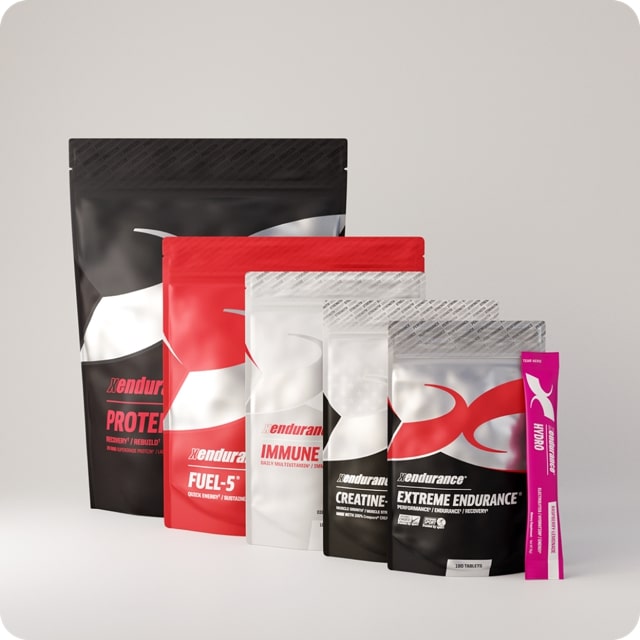
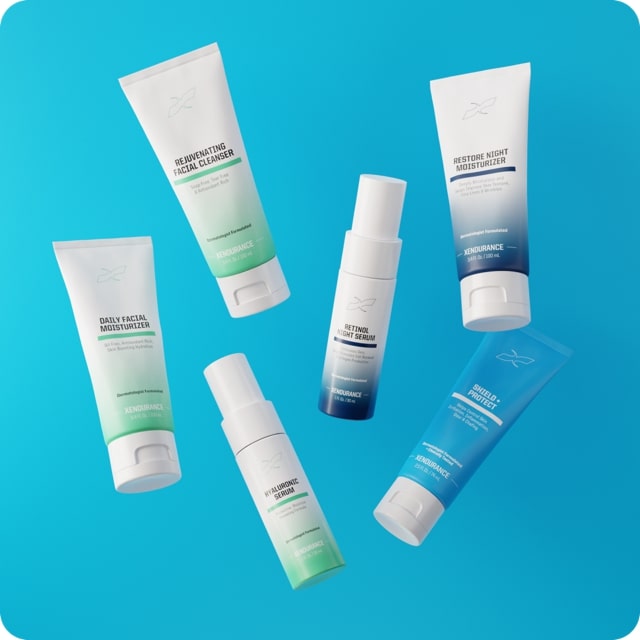
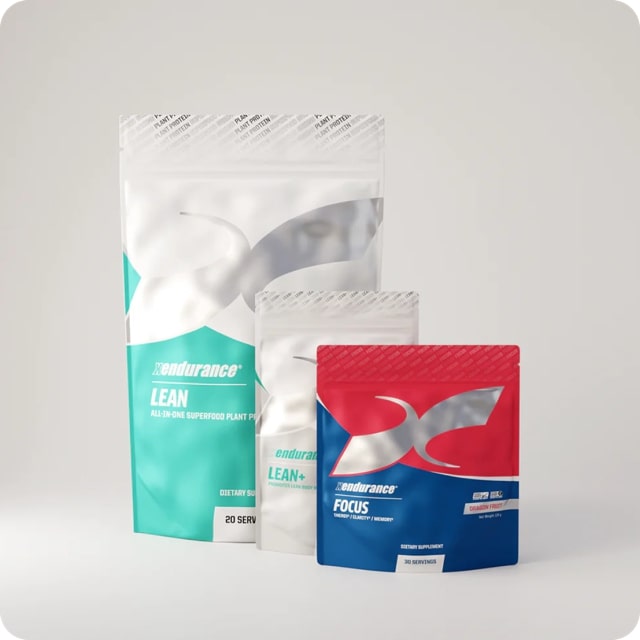

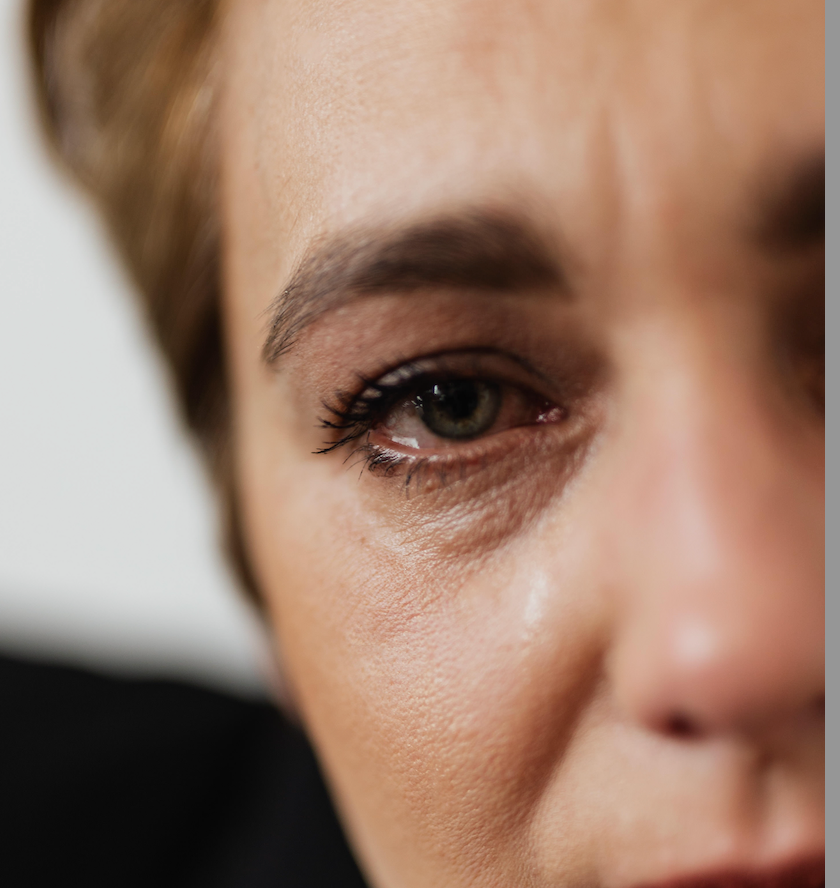
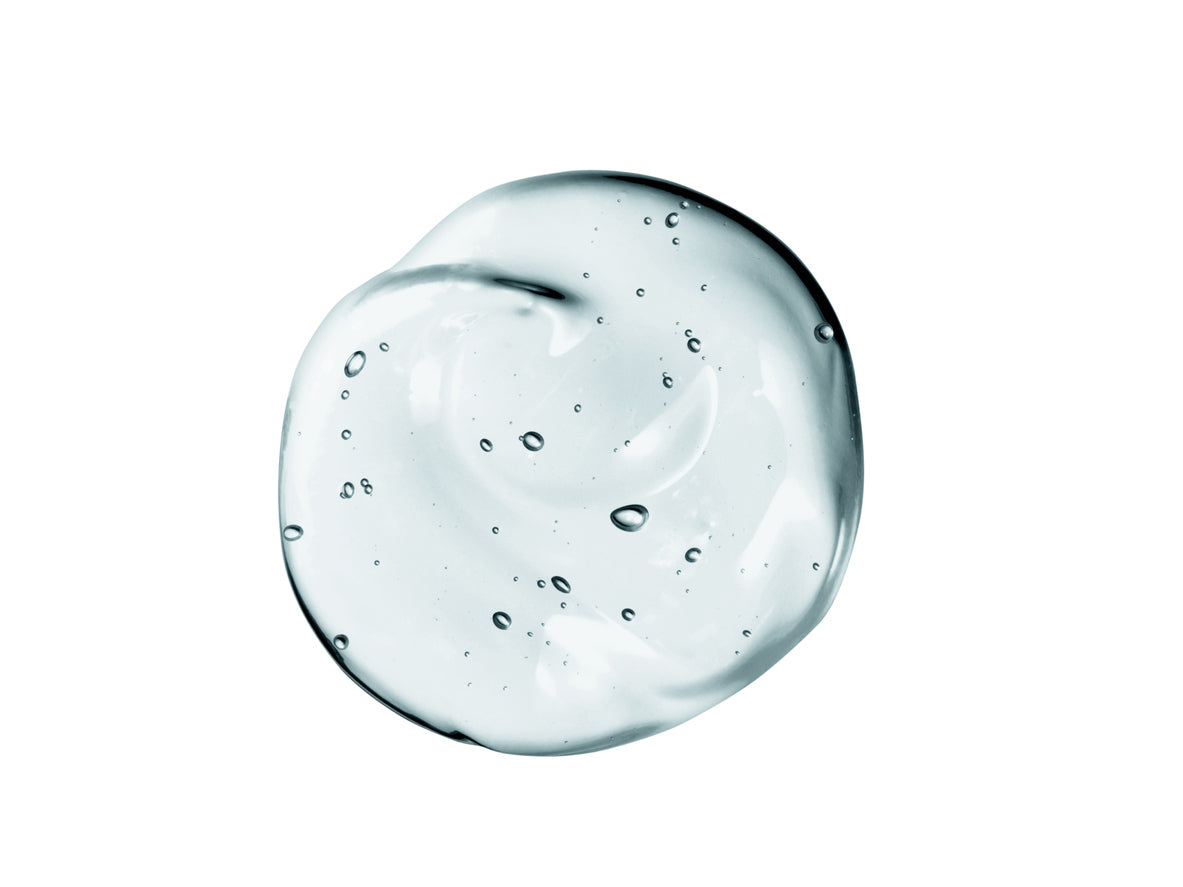


Leave a comment
This site is protected by reCAPTCHA and the Google Privacy Policy and Terms of Service apply.